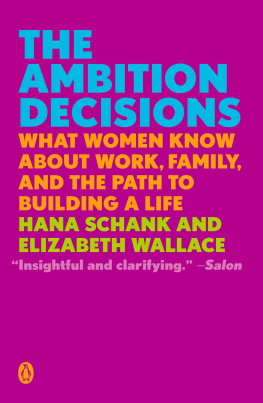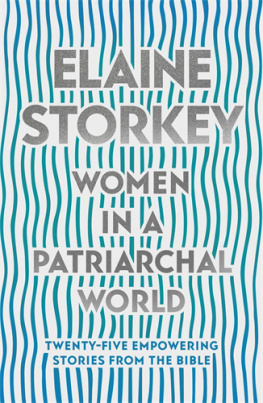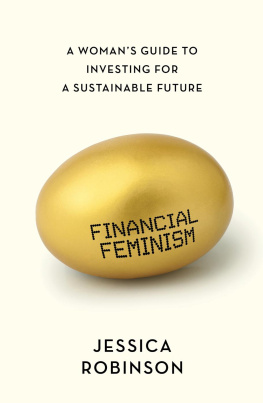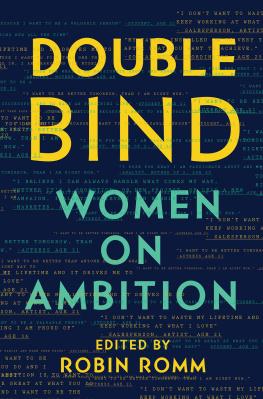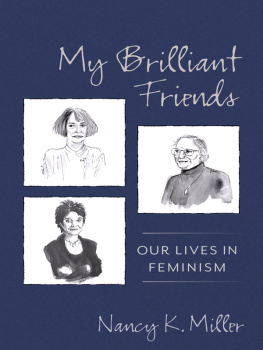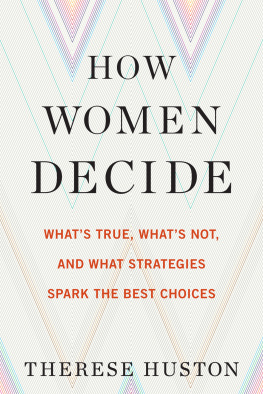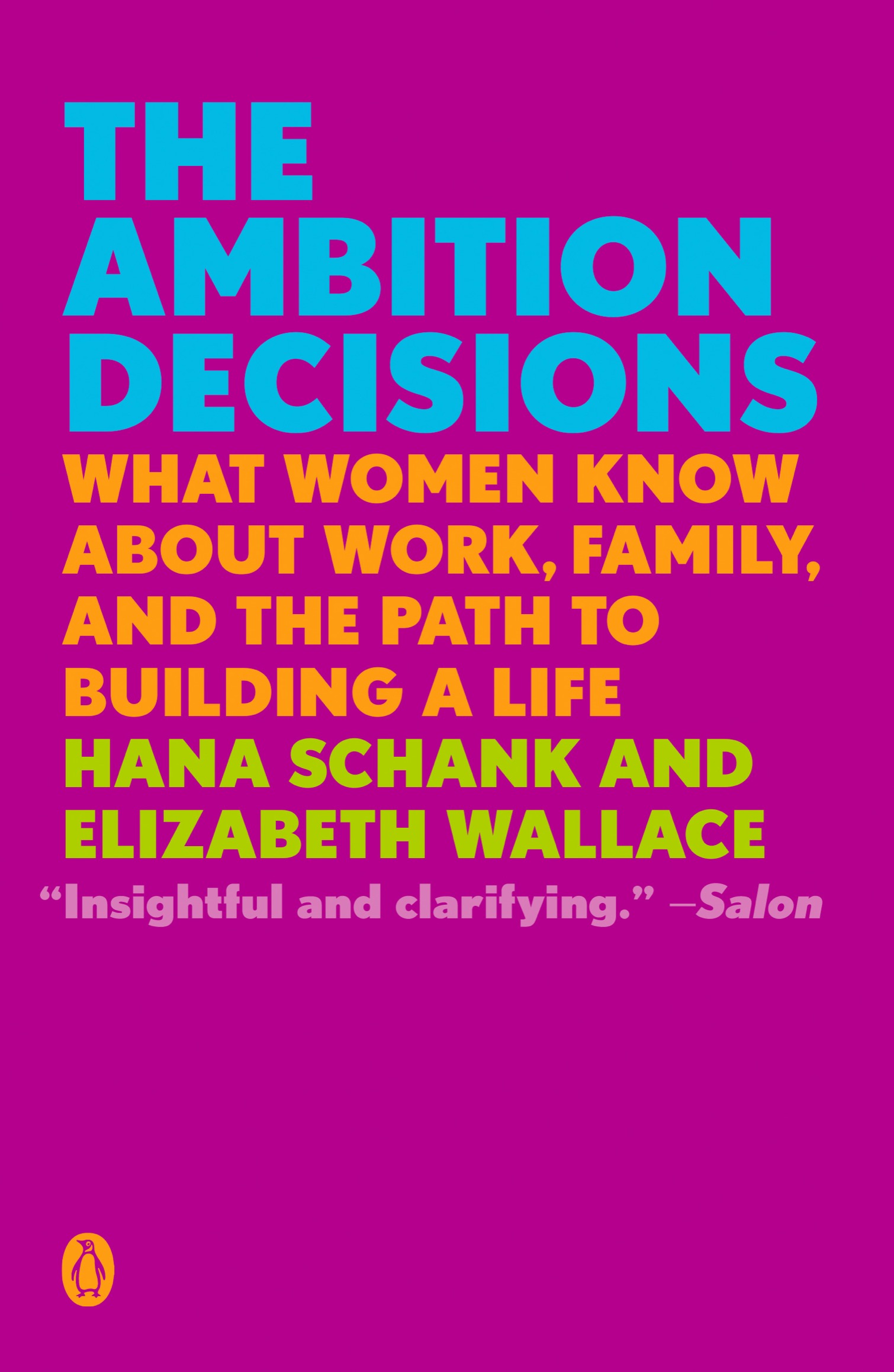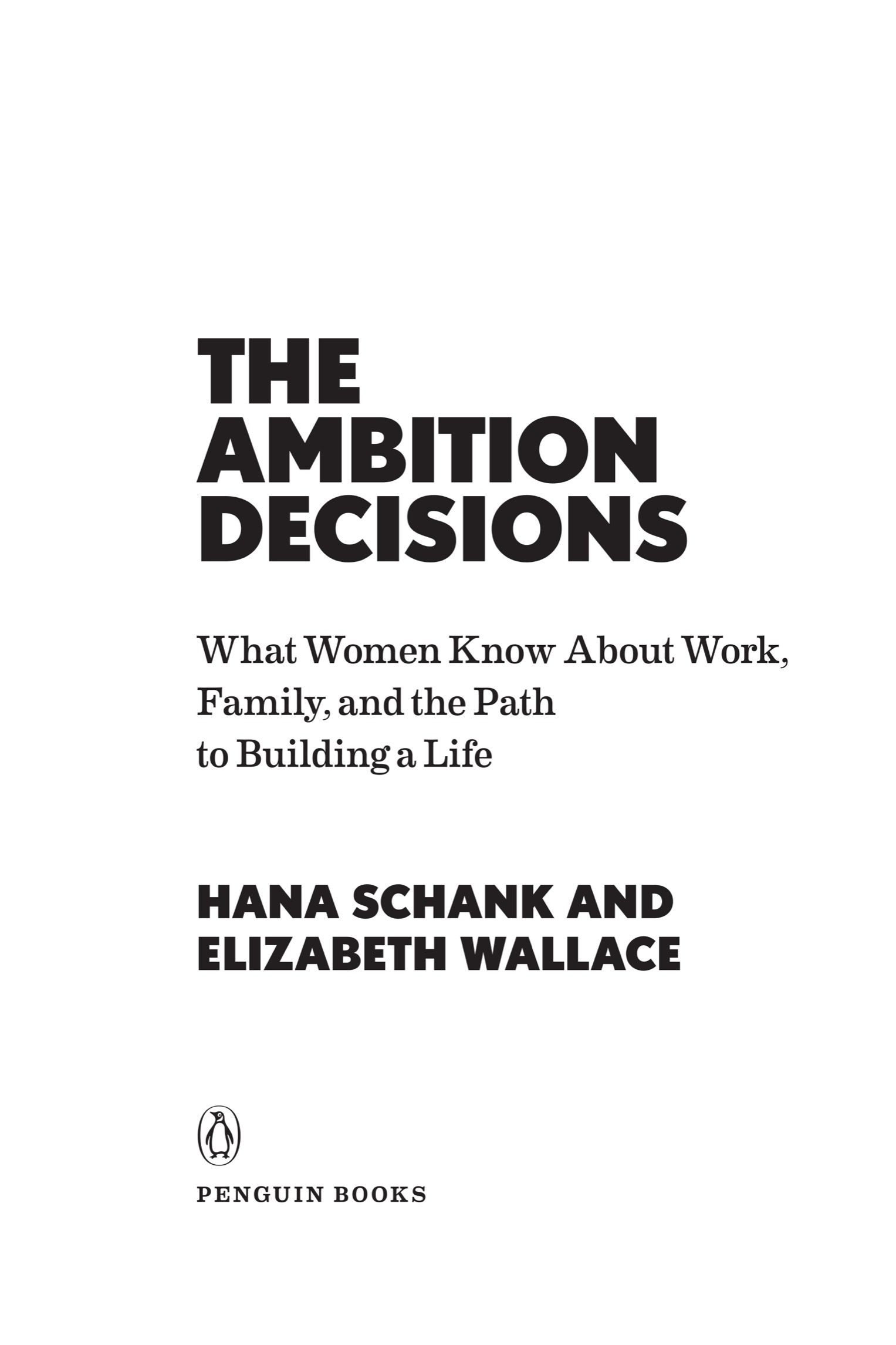PENGUIN BOOKS
An imprint of Penguin Random House LLC
penguinrandomhouse.com
First published in the United States of America by Viking Penguin, an imprint of Penguin Random House LLC, 2018
Published in Penguin Books 2019
Copyright 2018 by Hana Schank and Elizabeth Wallace
Penguin supports copyright. Copyright fuels creativity, encourages diverse voices, promotes free speech, and creates a vibrant culture. Thank you for buying an authorized edition of this book and for complying with copyright laws by not reproducing, scanning, or distributing any part of it in any form without permission. You are supporting writers and allowing Penguin to continue to publish books for every reader.
ISBN 9780525558859 (paperback)
Library of Congress Cataloging-in-Publication Data
Names: Schank, Hana, author. | Wallace, Elizabeth (Freelance writer), author.
Title: The ambition decisions : what women know about work, family, and the path to building a life / Hana Schank and Elizabeth Wallace.
Description: New York : Viking, [2018] | Includes bibliographical references.
Identifiers: LCCN 2018013959 (print) | LCCN 2018013218 (ebook) | ISBN 9780525558811 (hardcover) | ISBN 9780525558828 (ebook)
Subjects: LCSH: Middle-aged womenUnited StatesPsychology. | WomenDecision making. | Ambition. | Career development. | Families.
Classification: LCC HQ1059.5.U5 S24 2018 (ebook) | LCC HQ1059.5.U5 (print) | DDC 305.244/20973dc23
LC record available at https://lccn.loc.gov/2018013959
All names and identifying characteristics have been changed to protect the privacy of the individuals involved.
Cover design: Nayon Cho
Version_2
For our children:
Clyde and Eli
&
Milo and Mira
Youll never fly as the crow flies
Get used to a country mile
When youre learning to face
The path at your pace
Every choice is worth your while
Watershed, Indigo Girls
CONTENTS
PROLOGUE
In 2012, the two of us were, individually, circling a crisis of faith. We hadnt mentioned this internal chaos to anyone, especially not to each other. We had both subscribed to the belief that if we went to a good college, graduated, worked hard, and made our way up through the professional world, things would fall into place and wed achieve the dreams of our feminist foremothers. Along the way, we hoped, we would find people to love who would love us back. We would become mothers, we imagined. We would feel satisfied in our careers and happy in our home lives and it would all work out, the end.
In 2012, we had hit our early forties, and thanks to social media, there were suddenly a lot of reunion dinners with college friends passing through New York. The two of us saw each other infrequently then, and the dinners could involve as many as five or six women, which meant that each person got her turn to offer up a monologue about her lifebullet points on hows the job, hows the spouse, hows the family, say something self-deprecating, reveal some new triumph, share a funny, anodyne story, pass the mic to the next woman. There was no chance during these dinners to say how we really felt about anything. How even though from the outside our lives looked pretty good, when we slid into a cab alone after these dinners, we often returned to feeling frayed, rudderless, fumbling toward who-knew-what with only unanswered questions and nothing specific to guide us.
Hana had recently turned down a job with a technology consultancy that would have meant a prominent step up in her career, and more money, but also a dramatic change in lifestyle. For the past fifteen years shed been first a freelancer and then a small-business owner. She worked from home, which meant she could be around for her two young children. She had what was, in theory, an ideal setupshe got to have a job and also be a physically present mother. But her career had stalled. She was taking on the same kinds of projects at forty that shed been doing ten years earlier, and no longer finding them interesting. But how to move forward? Working in her field meant that most jobs came with hours that started at always and stretched to forever. Was it too much to ask to be challenged by work, earn a decent living, and also see ones children?
Liz, too, was living the dream, only to find it wanting. As a print-magazine editor, her industry was collapsing, her fast-track career derailed, and she was filling in the gaps by spending more time at home with her kidswhich she both enjoyed and felt ambivalent about. What about that job? Without a heavy-hitting career, was she worth less? And financially, how were she and her partner going to survive without two incomes? Her professional sphere had felt glamorous and fun and important, if only to a tiny number of people, and like living at the whirling pulse of New York City. But even before the magazine industry began to disintegrate, she wondered if she really wanted to be clocking in to an office job in Midtown every day with an infant and a toddler at home, reaching new milestones without her. Shed moved into a freelance editing and writing career with little extra childcare, so now her days were a mad dash to finish 1,798 tasks in one abbreviated workday.
Our group dinners didnt feel like the time or place to talk about any of that. There were too many people, and who wanted to hear that maybe we didnt have it all figured out, that we were both questioning whether the tenets wed built our lives on, the very construct of what wed been told a good life should look like, were all wrong? So we stayed quiet, until one evening we didnt.
We were eating at a small, dark Korean restaurant in the East Village. The group was smaller than usual that evening, just the two of us and a third college friend. This friend had always been impressive. After college shed gone to a prestigious graduate school and become a tenured professor at a large university. She traveled around the world giving talks. She was known in her field. She was also single. At one point in the evening Hana commented to our friend that, of the people in their sorority with whom theyd graduated, she was probably the most successful.
Thats funny, the friend replied. Because Id say that you are.
Hana was married and had a family and also ran a company, she pointed out. Then the three of us wondered: Do you have to have a family to be successful? What, exactly, is success? Is it climbing to the top of your career? Is it climbing to the top of your career while also being married and having children? Is it climbing to a midway point in your career and then saying screw it, this isnt actually what I wanted to do, and pivoting to something else that truly makes you happy?
We didnt know, but that dinner lasted three hours as we sat and tried to figure out the answers. That night, something cracked open for us, a small chink in the belief that there was only one way to do things, that if we just followed the road in front of us, it would lead to happiness and success. That evening, there was time and space to say the things wed never gotten to in our other reunion dinners. We talked about how unexpectedly hard it all felt, how we didnt know what our lives were supposed to look like anymore, and wondered aloud if any of the women wed graduated with had figured things out better than the three of us. That dinner was the start of a multiyear journey to find answers. The questions we were asking shifted over time as the goals of our project shifted, but the endpoint remained the same. We wanted to resolve our crisis of faith. We wanted to understand what other women knew so we could apply that knowledge to our own lives. Researching this book showed us that there isnt one true path to fulfillment. Writing it fed our ambition and helped us find our footing on our own paths, wherever they may lead.

